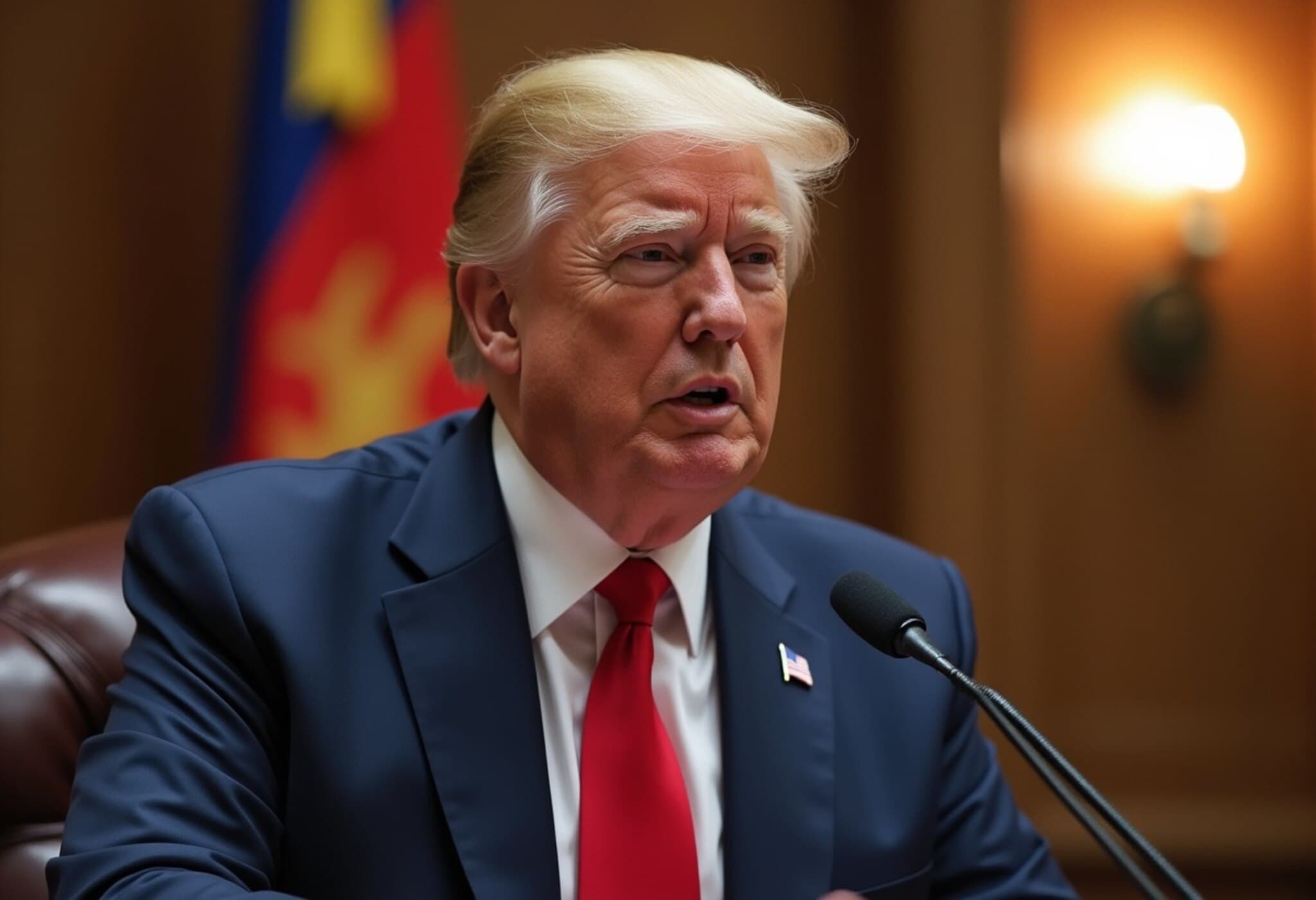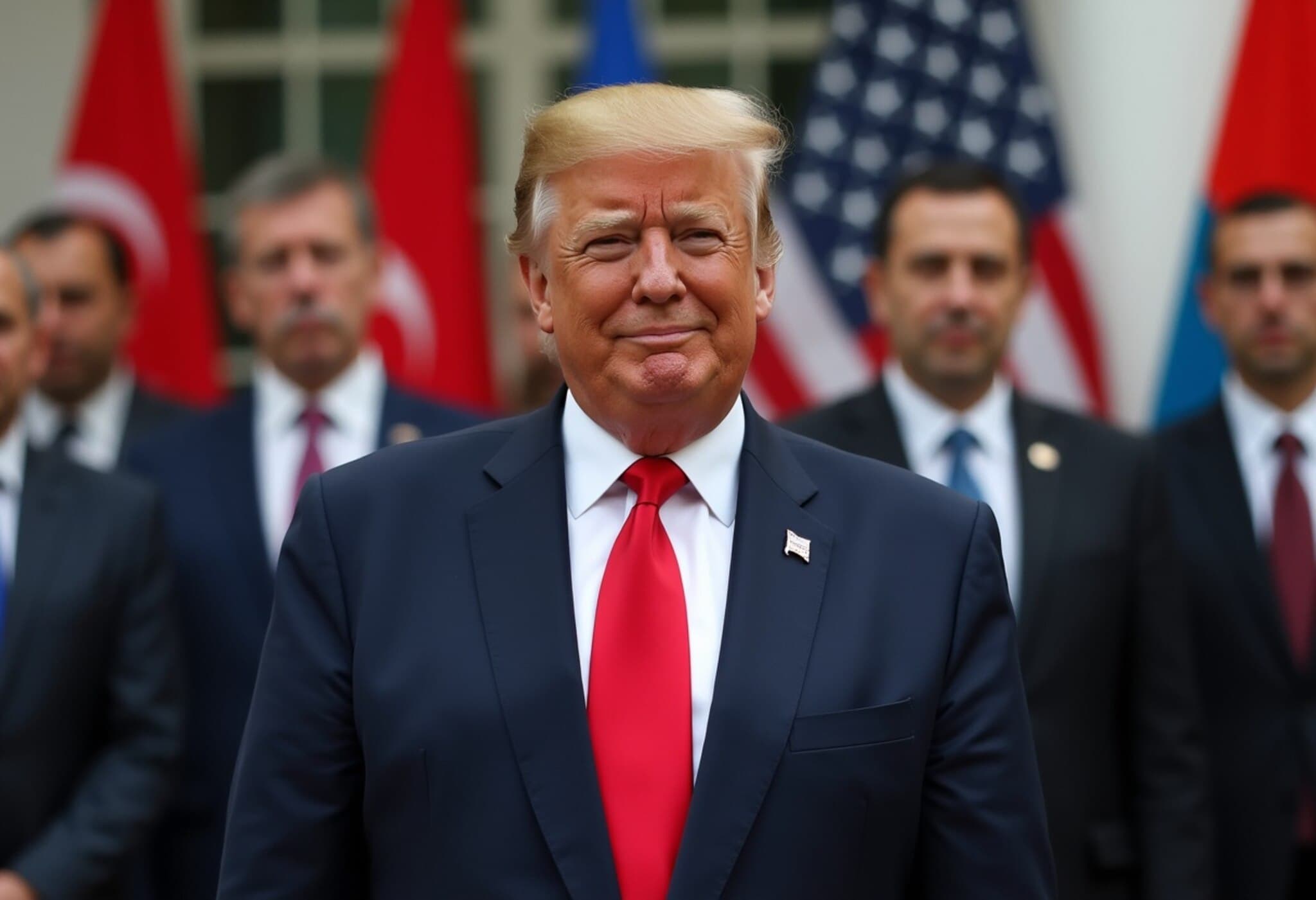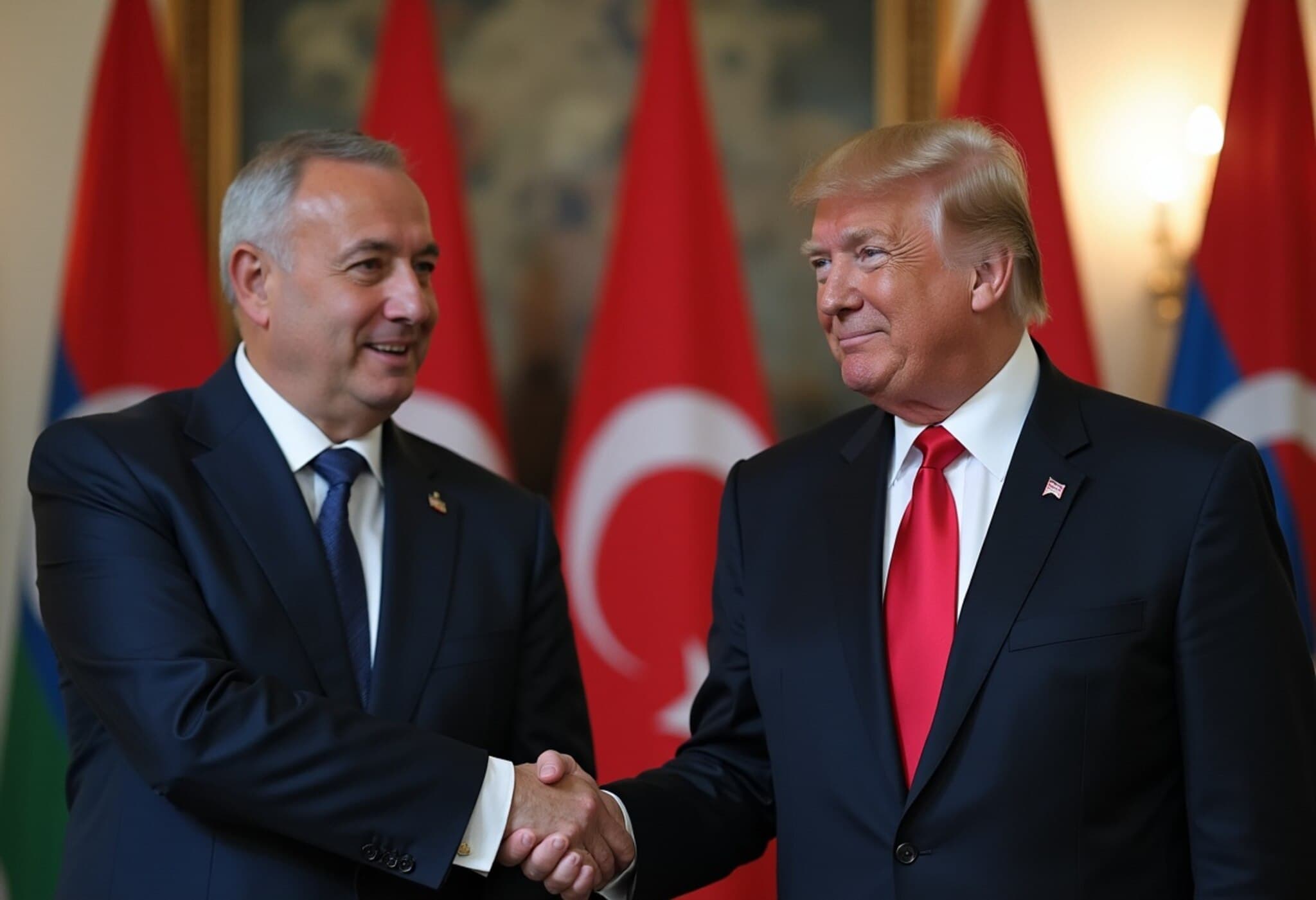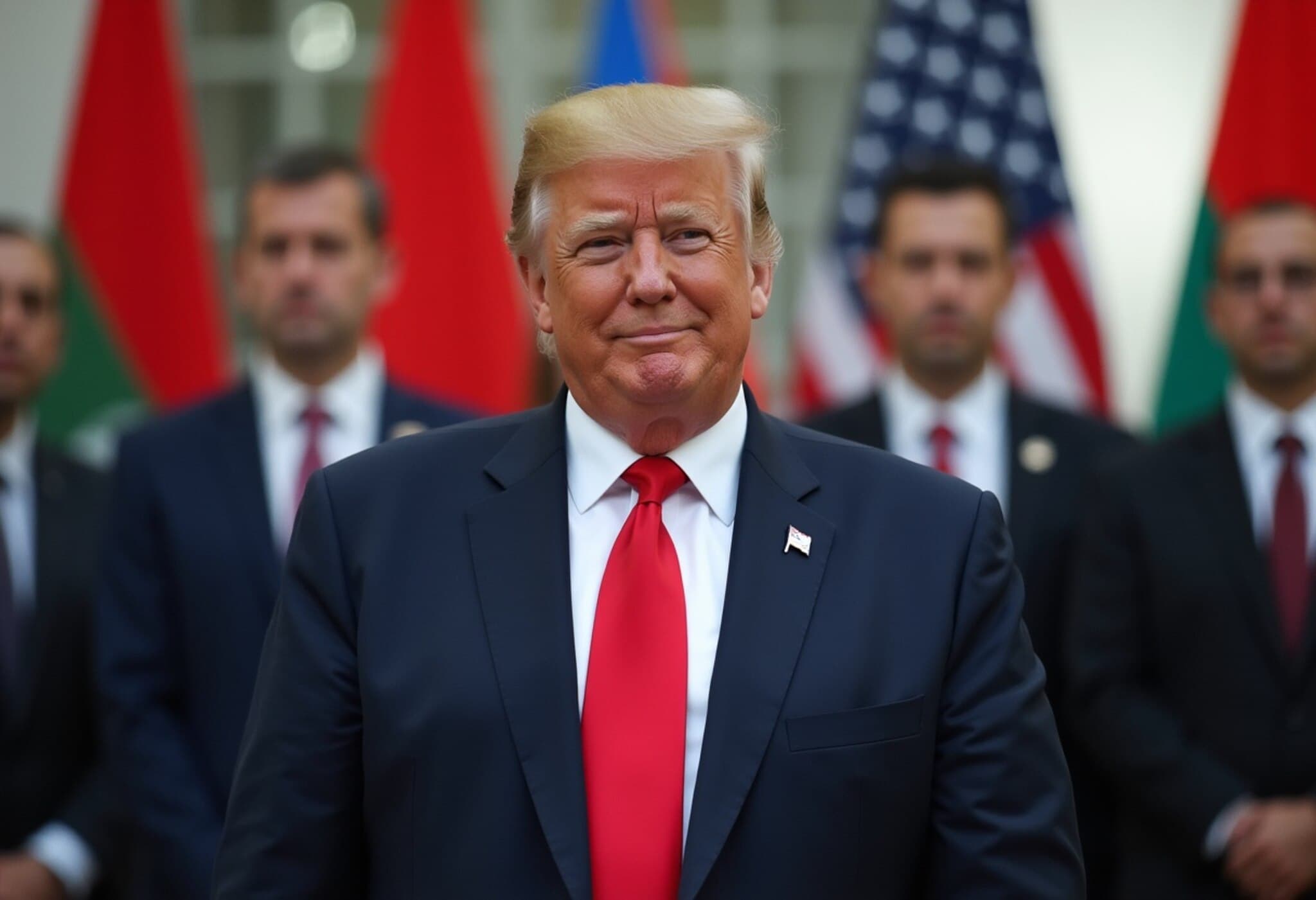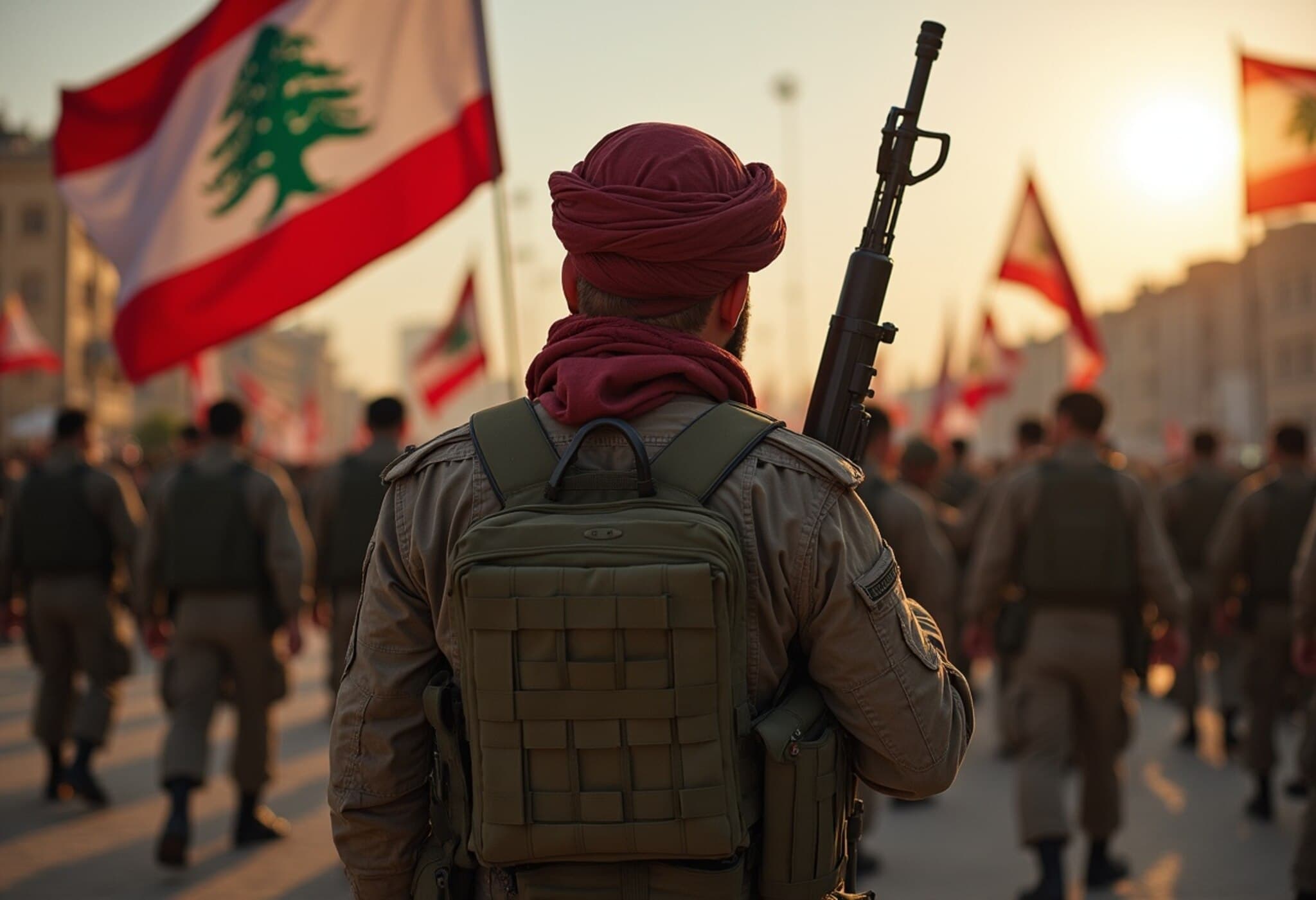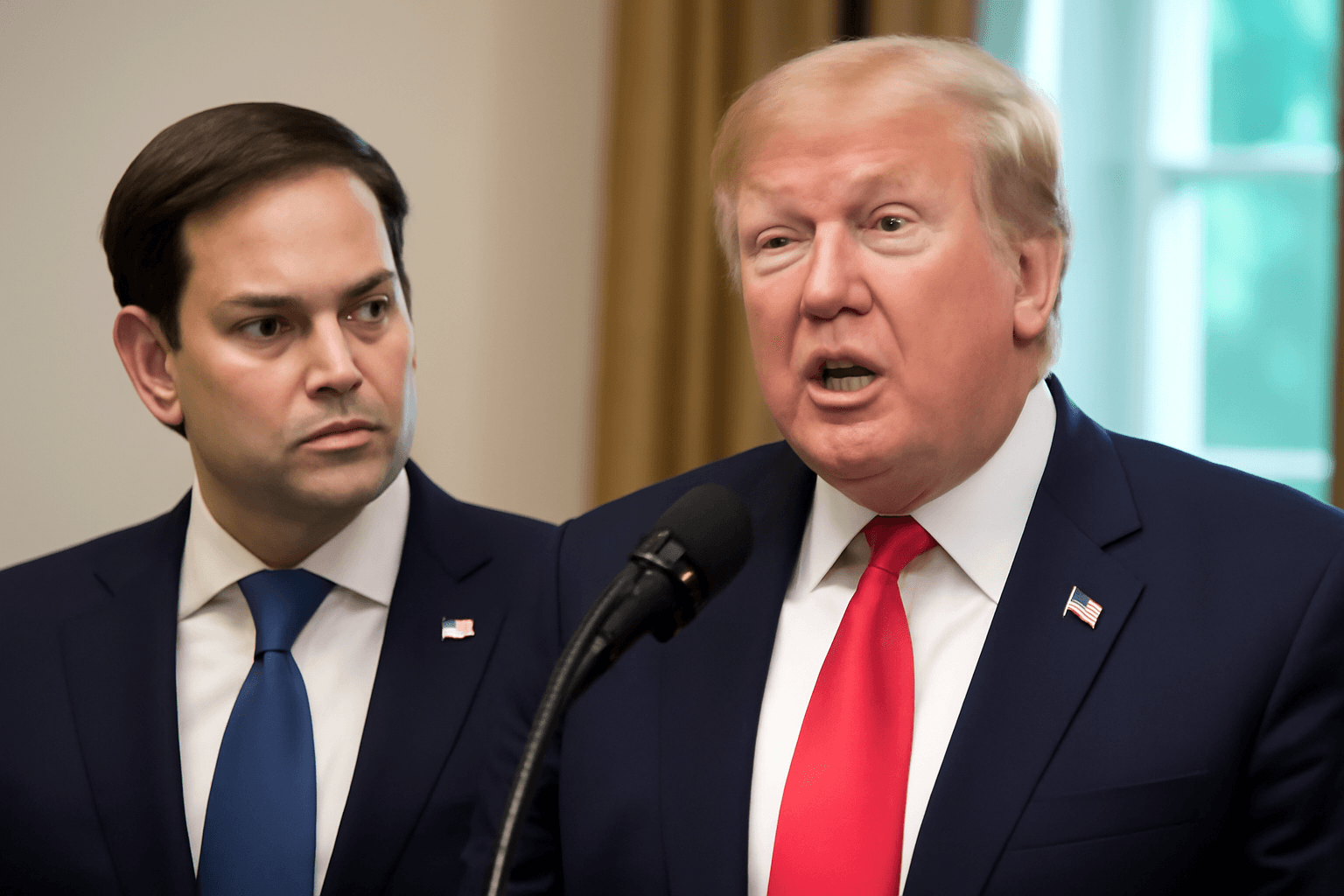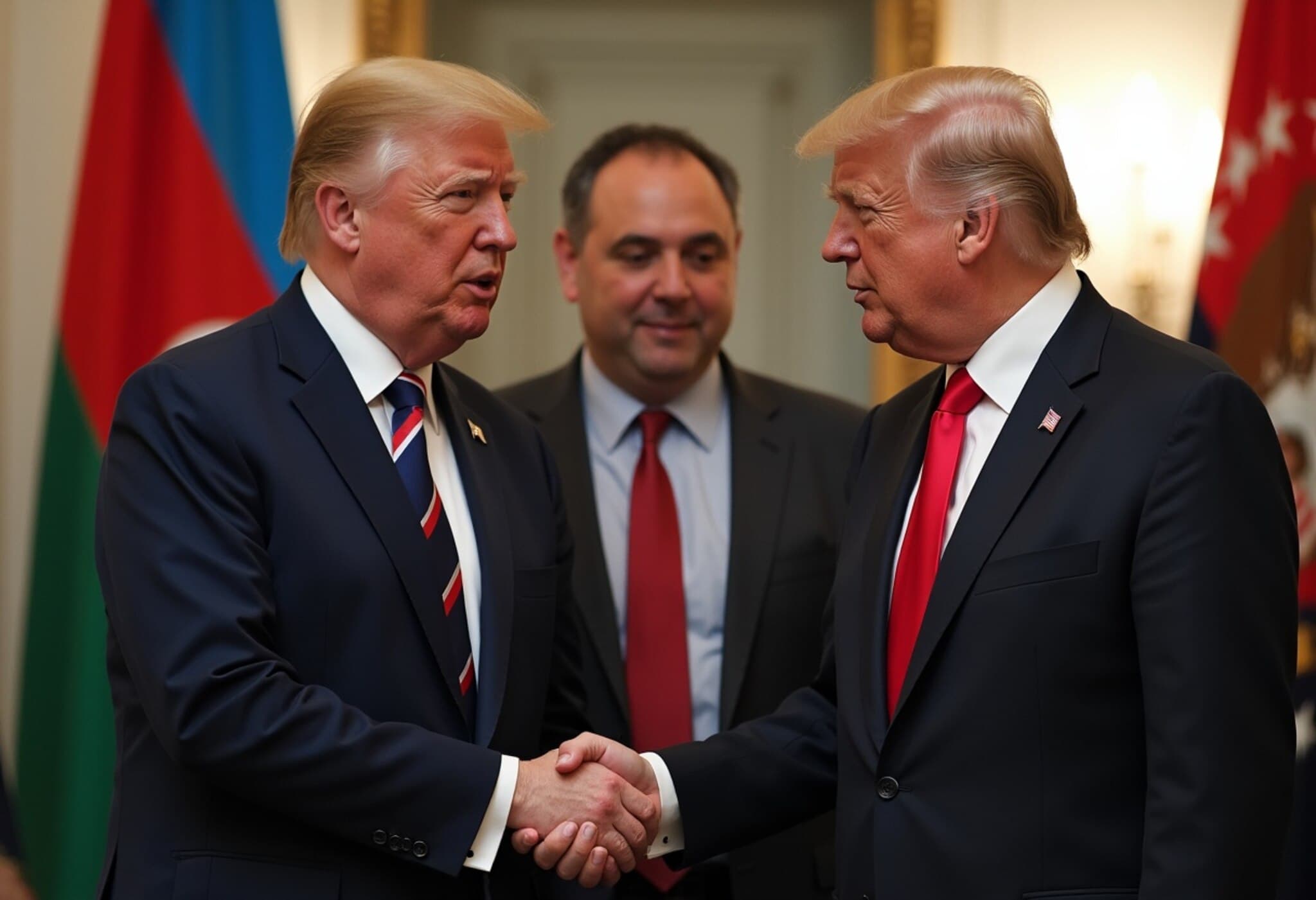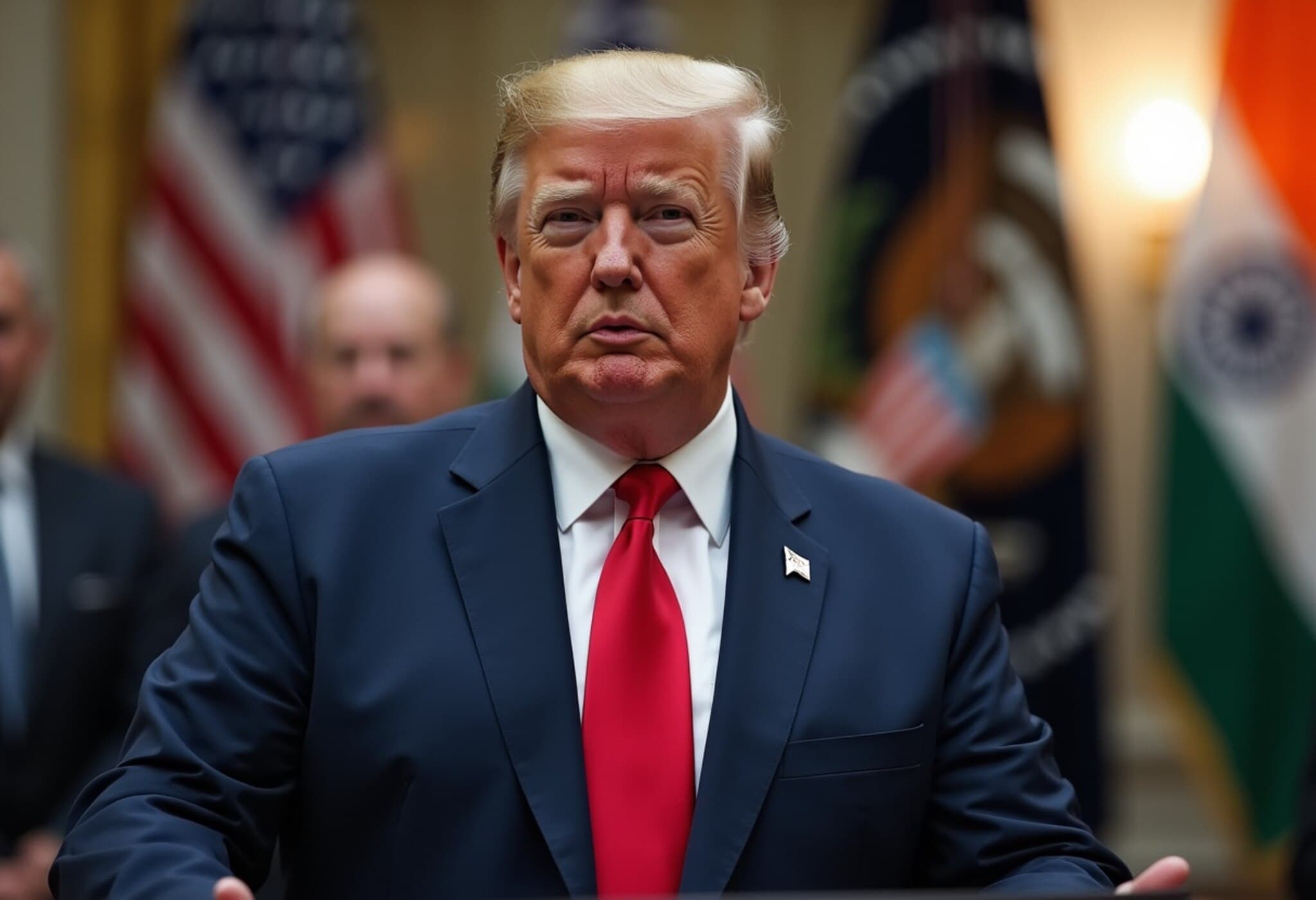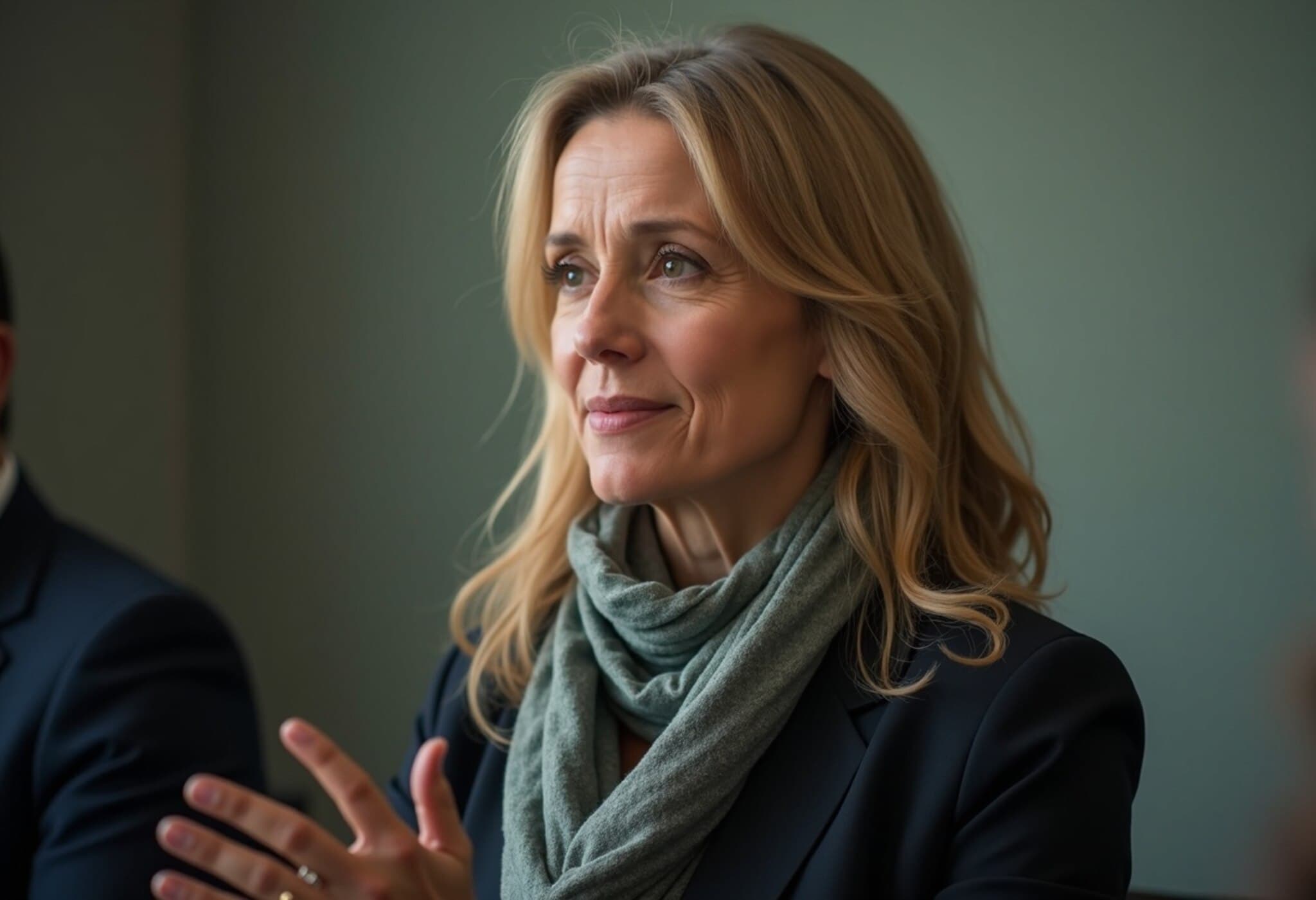White House to Host Historic Armenia-Azerbaijan Peace Negotiations
In a move signaling renewed hope for stability in the South Caucasus region, US President Donald Trump is scheduled to host the leaders of Armenia and Azerbaijan at the White House this Friday for critical peace talks. According to a US official speaking to Reuters, this meeting could culminate in a groundbreaking framework for a peace agreement between the two nations that have long been embroiled in conflict.
Background: The Nagorno-Karabakh Conflict
The roots of this dispute trace back to the late 1980s, during the crumbling days of the Soviet Union. Both Armenia and Azerbaijan declared independence in 1991 as the USSR dissolved, but their territorial tensions centered on the Nagorno-Karabakh region — an Azerbaijani territory predominantly inhabited by ethnic Armenians.
Driven by ethnic and political allegiances, Nagorno-Karabakh declared independence with Armenia's support, sparking a protracted and violent conflict. The situation escalated dramatically in 2023 when Azerbaijan regained control over the region, leading to the displacement of approximately 100,000 ethnic Armenians who fled en masse to Armenia, creating a humanitarian crisis.
Steps Toward Peace: Past and Present Efforts
- In March 2025, Armenia and Azerbaijan announced a draft peace agreement, signaling cautious optimism.
- Subsequent progress toward a lasting ceasefire has been halting, underscoring the fragility of the peace process.
- Leaders from both countries met in July in Abu Dhabi to continue diplomatic discussions.
The upcoming White House meeting offers a chance to solidify this draft agreement with US mediation backing, potentially paving the way to end over four decades of conflict marked by war, displacement, and deep-seated mistrust.
US Strategic Interests and Regional Implications
From a US policy perspective, facilitating peace talks between Armenia and Azerbaijan aligns with broader goals of stabilizing a geopolitically sensitive region that serves as a crossroads between Europe and Asia. The South Caucasus is also a corridor for vital oil and gas pipelines, making security and political stability in this area critical for global energy markets.
Expert commentary: Dr. Elaine Roberts, a senior fellow in Eurasian studies, notes, "The US hosting these talks underscores Washington’s intent to reassert its diplomatic influence in the South Caucasus, an area often overshadowed by Russian and Turkish interests. A successful agreement would not only bring peace but also recalibrate power dynamics in the region."
Challenges Ahead
Despite hopeful signals, the road to peace is fraught with obstacles. Deep mistrust, unresolved territorial questions, and the displacement of ethnic Armenians present humanitarian and political complexities that cannot be understated.
Moreover, the role of external powers, including Russia and Turkey—both of which have historically influenced the region—adds layers to an already intricate diplomatic landscape.
What’s Next?
The White House meeting will be a pivotal test of the two nations' commitments to peace. Observers worldwide will be watching closely to see if this encounter will deliver a tangible path forward or if the stalemate will persist.
President Trump's convening of the Armenian and Azerbaijani leaders is more than a diplomatic gesture; it represents a crucial opportunity to rewrite the narrative of conflict into one of reconciliation.
Editor’s Note
The forthcoming peace talks mark a significant diplomatic intervention by the United States in a long-standing, complex conflict. While the optimism surrounding a possible agreement is palpable, only sustained political will and genuine compromise from all parties involved can translate this into lasting peace — essential not just for regional stability, but for the humanitarian well-being of thousands affected by decades of conflict.
Key questions remain: How will displaced populations be accommodated? What guarantees will be put in place to prevent future hostilities? And how will external regional powers respond to a US-led peace initiative? The answers to these will reveal much about the viability and durability of any agreement reached.


